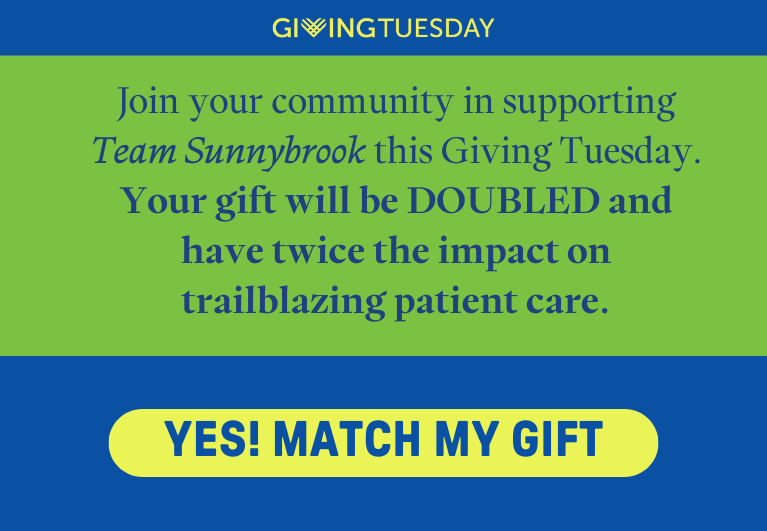Colorectal Cancer Symptoms and Screening Discussed
March is Colorectal Cancer Awareness Month. Dr. Linda Rabeneck, chief, Odette Cancer Centre, Sunnybrook, discusses colorectal cancer symptoms, the colonoscopy procedure, screening before symptoms, the FOBT test, familial risk, and the need for open discussion to help overcome our cultural discomfort in talking about the second leading cause of cancer death in Canada.
Symptoms
Colorectal cancer is cancer of the rectum or colon. Symptoms of possible disease include bleeding from the rectum (blood on or in the stool), new changes in bowel habit, new changes in the shape or appearance of bowel movements, crampy abdominal discomfort that is new, and an unexplained low blood count or anemia. Adults experiencing symptoms, especially those 50 years of age or older, should consult their family physician.
Colonoscopy
With rectal bleeding for instance, a colonoscopy is advised. A colonoscopy is the careful examination of the lining of the rectum and colon, with a flexible tube with a light on the end. The actual same-day procedure only takes about 25 minutes. An individual planning to get a colonoscopy is given appropriate instructions on how to clear the bowels out the day before, and is given a mild sedative during the procedure.
Screening Before Symptoms
Men and women 50 years of age or older with no symptoms should be screened for colorectal cancer – similar idea to women getting mammograms for screening for breast cancer. The FOBT or fecal occult blood test can be done at home. The FOBT comes in a compact kit. Small scrapings from two parts of the stool on three separate days are collected and the kit is then sent to a laboratory. The laboratory tests the samples for microscopic blood which if found, indicates the individual will need to go for a colonoscopy to ensure there is no cancer causing the microscopic bleeding.
Familial Risk
Men and women at any age, with one or more close relatives – parent, brother, sister, child – with a history of colorectal cancer, are at increased risk and are advised to go directly for a colonoscopy.
Open Discussion is Key
There remains a cultural discomfort to talk about the rectum, the colon, bowel movements, that we need to get past says Dr. Rabeneck. “People can talk more openly about breast cancer and about prostate cancer but when it comes to colorectal cancer people still hesitate to talk about it and the need to go for screening.” Because of this silence, where screening for breast cancer is about 60 to 70 per cent of women, screening for colorectal cancer is less than 20 per cent each for men and women.








